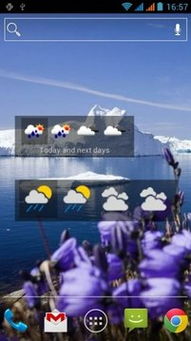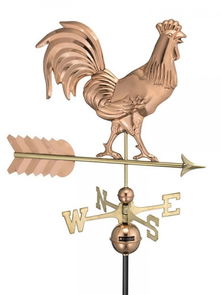Weather in Bentonville, AR: A Detailed Overview
Bentonville, Arkansas, is a city that boasts a diverse climate, offering a unique experience for residents and visitors alike. Whether you’re planning a day out or looking to understand the local weather patterns, this comprehensive guide will provide you with all the necessary information.
Seasonal Weather Patterns

The weather in Bentonville, AR, is characterized by four distinct seasons, each with its own set of characteristics.
| Season | Temperature Range (掳F) | Monthly Precipitation (inches) |
|---|---|---|
| Winter | 30-50 | 2.5 |
| Spring | 50-80 | 4.5 |
| Summer | 70-100 | 5.5 |
| Autumn | 50-70 | 4.0 |
Winter in Bentonville is generally mild, with temperatures ranging from the low 30s to the mid-50s. Snowfall is rare, with an average of 2.5 inches of precipitation per month. Spring brings warmer temperatures and more precipitation, with an average of 4.5 inches of rain. Summer is hot and humid, with temperatures soaring into the 90s and 100s, accompanied by an average of 5.5 inches of rainfall. Autumn is a pleasant season, with temperatures cooling down and an average of 4 inches of precipitation.
Climate and Weather Conditions

Bentonville experiences a humid subtropical climate, which means it has hot summers and mild winters. The city is located in the Ozark Plateau, which can influence weather patterns and contribute to the diverse climate.
One of the most notable weather phenomena in Bentonville is the “Tornado Alley” effect. While the city itself is not in the heart of Tornado Alley, it is still susceptible to tornadoes, especially during the spring and summer months. The city averages about 1.5 tornadoes per year, with the most active period being from April to June.
Historical Weather Data

Looking at historical weather data can provide valuable insights into the climate of Bentonville. According to records from the National Weather Service, the city has experienced a wide range of weather conditions over the years.
The highest recorded temperature in Bentonville was 113掳F on July 24, 1934. The lowest recorded temperature was -9掳F on January 31, 1985. The city has also experienced significant snowfall, with the most snow recorded in a single season being 22.5 inches in the winter of 1985-1986.
Local Weather Forecasts
Staying informed about the weather in Bentonville is essential, especially if you’re planning outdoor activities. Local weather forecasts can be found on various platforms, including television, radio, and online.
The National Weather Service provides detailed forecasts for Bentonville, including temperature, precipitation, wind speed, and humidity. Local news stations also offer weather updates and forecasts, making it easy to stay informed about the latest conditions.
Climate Change and Its Impact
Climate change is a global concern, and Bentonville is not immune to its effects. Over the past few decades, the city has experienced changes in weather patterns, including more frequent extreme weather events.
According to the National Climate Assessment, the frequency of heavy rainfall events is expected to increase in Bentonville, leading to potential flooding and other related issues. The assessment also predicts that the city will experience warmer temperatures and more intense heatwaves in the coming years.
Conclusion
Bentonville, AR, offers a diverse and dynamic climate, with distinct seasons and weather patterns. Understanding the local weather conditions is essential for residents and visitors alike. By staying informed about the latest forecasts and being aware of climate change’s potential impact, you can make the most of your time in this charming city.









